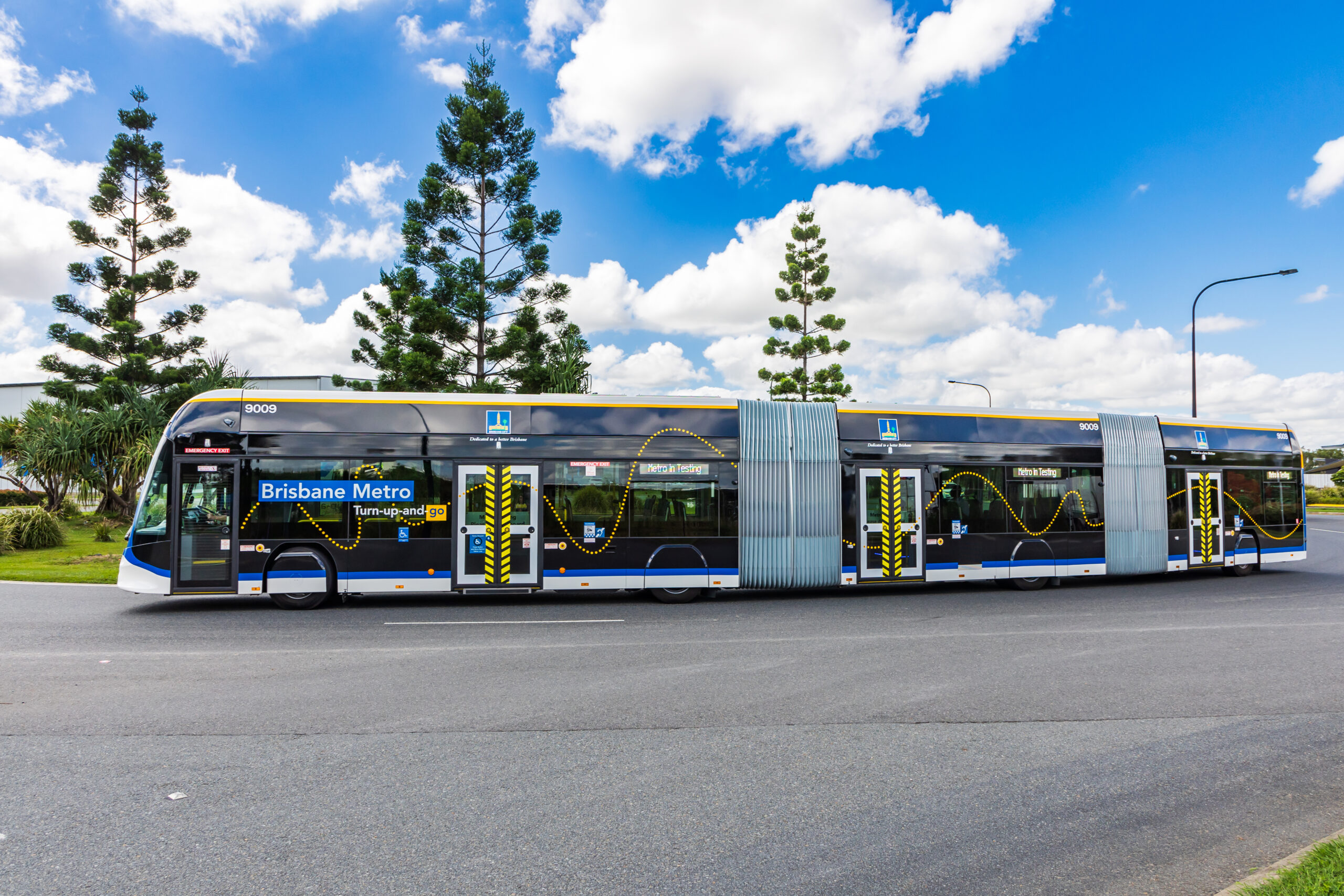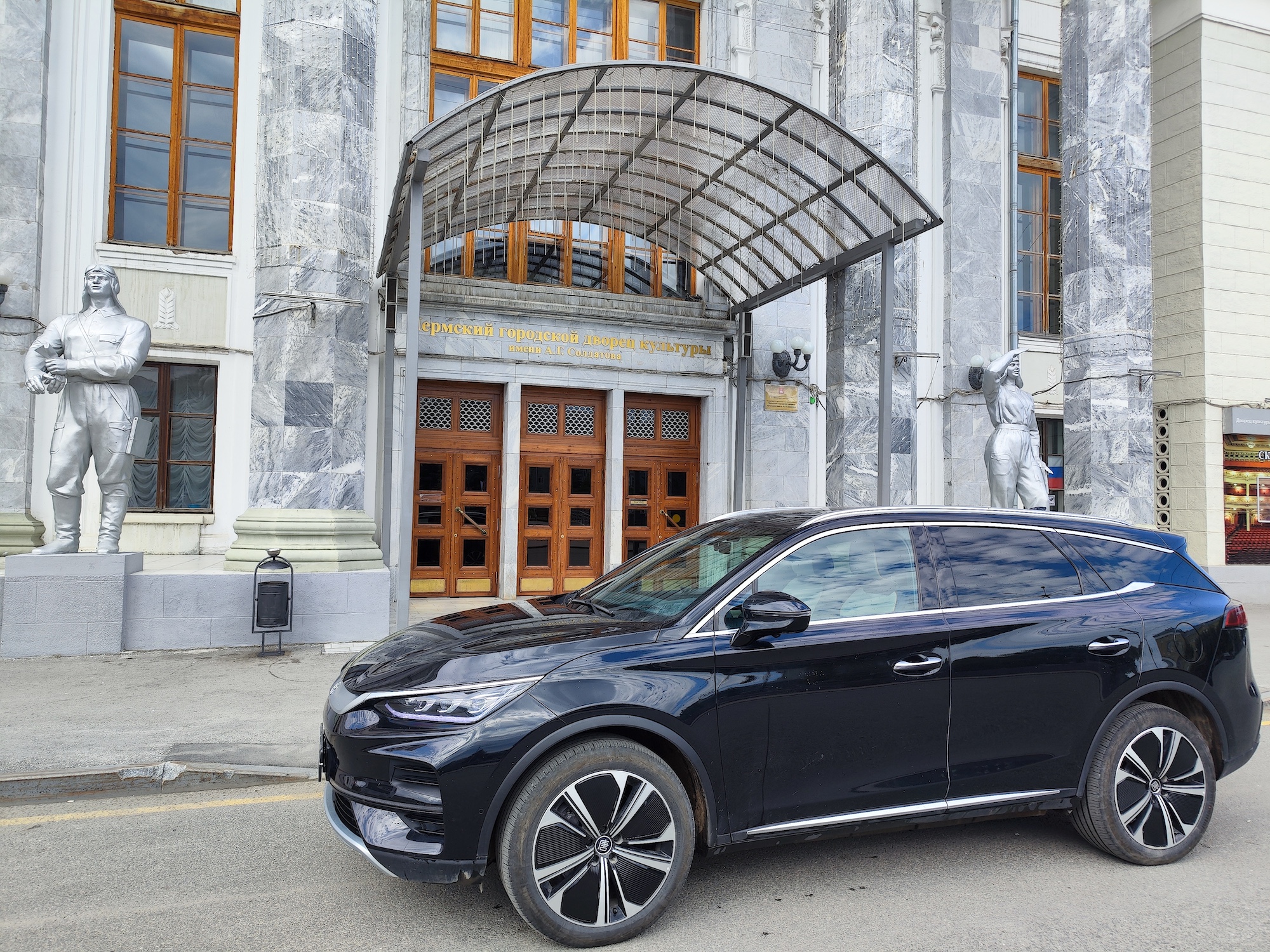
The Prime Minister of the Cook Islands, Mark Brown, has announced that the country plans to begin deep-sea mining despite the practice’s potential environmental impact.
The mining of polymetallic nodules from the sea floor is the topic of intense debate. Metals found in the nodules, including copper, manganese, nickel sulphate and cobalt sulphate, are in high demand due to their use in transition technologies including electric vehicles.
Brown said that the controversial practice is “the right thing to do for our country”, but that they will “proceed with caution”, in an interview with the Guardian.
The announcement comes ahead of the 9 July deadline by which point the UN-affiliated International Seabed Authority (ISA) must outline regulations governing mining of the seabed. The regulations are unlikely to be ready by next week amid ongoing debate, but a number of companies and governments are expected to apply for permits.
Numerous countries have called for a “precautionary pause” or moratorium on the practice until more in-depth research has been completed. These include Chile, Costa Rica, Ecuador, Federated States of Micronesia, Fiji, France, Germany, New Zealand, Palau, Panama, Samoa and Spain. France has also issued an outright ban on the practice.
“We are the ones in charge of our destiny, and it is Cook Islanders that will continue to make decisions about how our Cook Islands resources are developed,” Brown said.
Environmental concerns over deep-sea mining
Last month Norway announced plans to begin deep-sea mining in its national waters, despite criticism from its own environmental agency.
Environmentalists and marine experts have warned that mining at such extreme depths could have serious and lasting impacts on marine wildlife and ecosystems. Swathes of the deep ocean still remain poorly researched, with biologists predicting that thousands of species living there are yet to be named.
Deep-sea mining supporters claim that it is possible to remove polymetallic nodules in a responsible manner and that the green transition will not be possible without access to these minerals.
Along with Nauru, Tonga and Kiribati, the Cook Islands is a state sponsor of international companies preparing to apply for a permit to mine the ocean floor in sovereign and international Pacific waters.
The Clarion-Clipperton Zone in the Pacific Ocean is predicted to be rich in mineral deposits and is the primary site of interest for a number of miners.
In 2021, the Pacific state of Nauru activated an obscure sub-clause in the UN Convention on the Law of the Sea, which gave the ISA a two-year deadline to finalise regulations.




